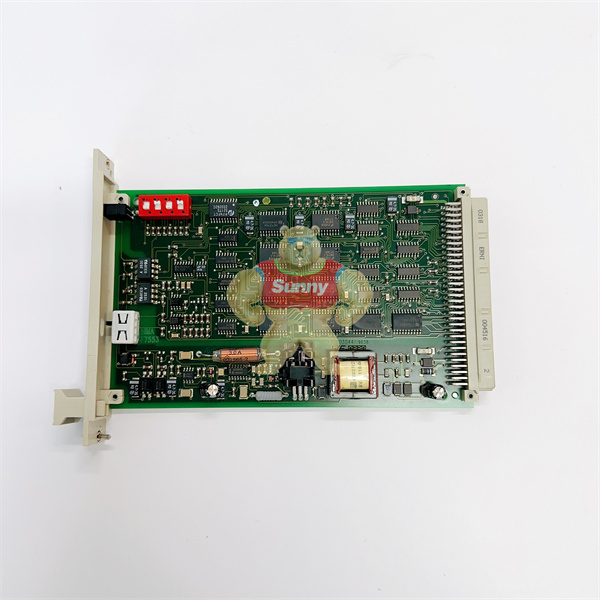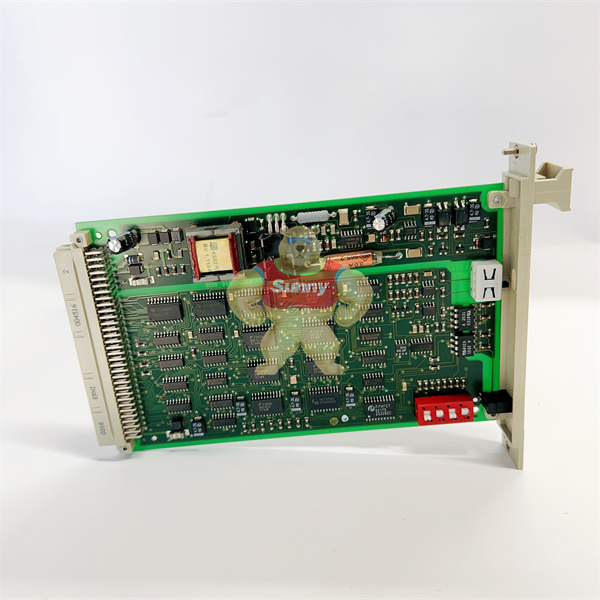01 The upheaval of China’s automation market
Over the years, manufacturers continue to get policy and financial support to purchase various kinds of automation machinery and equipment, which greatly drives the demand for various kinds of automation parts.
However, back to more than a decade ago, the ecological development of domestic automation is not complete. The automation market is largely dominated by Yaskawa, Panasonic, Siemens and others. Although local brands such as Huichuan and Inwitten have experienced a round of competition with Japanese and German brands in the frequency converter market, and successfully broke through, they gradually explored the field of automation core operations control and found that the water is too deep.
On the one hand, this is because foreign brands entered the Chinese market early, and the penetration rate of mainstream equipment operation control system has exceeded 80%. Even in the low-end market, it is difficult for local brands to intervene, no matter whether they reduce maintenance or price.
On the other hand, the downstream of the operation control system is a vast general industry — machine tools, robots, textile machinery, papermaking equipment, welding equipment… And the countless subdivisions that these devices have spawned. Therefore, even though domestic manufacturers have accumulated some advantages in enterprise scale, frequency conversion technology, research and development ability, but in the face of the tidal wave of downstream general industry, these advantages are submerged.

F7553 984755302

F7553 984755302

F7553 984755302
In the face of the embarrassment of power, domestic automation manufacturers how to do?
We can only wait for the opportunity to appear in a certain downstream market, so as to achieve a single point explosion, and then extend to other industries, and finally in the broad field of general industrial and foreign enterprises to fight the summit of the forbidden.
So far this strategy has been very successful in the servo market:
First step, around 2013, domestic automation manufacturers ushered in the first industrial opportunity in the field of servo. Local servo brands with self-developed technology first develop compact, small and medium-sized servo product series, and then adjust products according to customer needs, so as to maintain the competitiveness of equipment manufacturers, and reduce the production cost of servo products.
Second, more emerging devices burst out in the Chinese market, and the demand for servo products naturally rose. Coupled with the strong support of the policies at that time, most domestic automation manufacturers provided solid differentiated products for the main industry with solid research and development and technology upgrade products, and thus gained the core technical advantages of their own products. Close the gap with foreign brands.
Finally, the novel coronavirus epidemic swept China in 2020, and domestic automation enterprises led by Huichuan made positive changes internally and found opportunities externally from the crisis. Relying on the high elasticity of their servo business and their stock of chips, they took the opportunity to replace the servomechanism with the localization of servomechanism.
 1 Year Warranty
1 Year Warranty





